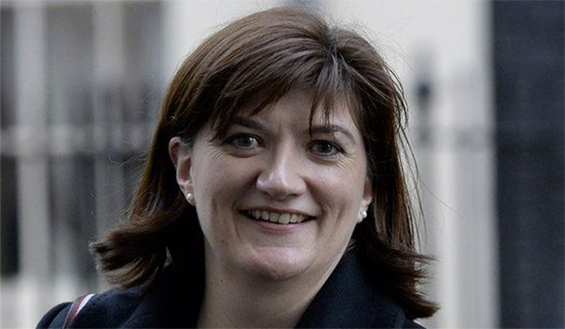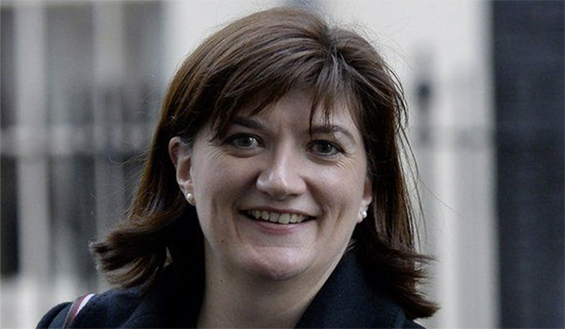
UK Education Secretary Nicky Morgan is planning to send the country’s top teachers to struggling schools in exchange for the promise of rapid promotion.
1,500 high-achieving teachers will be recruited over the course of 5 years to work in underachieving schools for at least two years each in a program called the National Teaching Service, according to Sally Weale of The Guardian. They will be rewarded with promotions in an attempt to make participation in the program a “rite of passage” for future head teachers.
Morgan said:
Too many young people aren’t being given a fair shot to succeed because of where they live. Coastal towns and rural areas struggle because they struggle to recruit and retain good teachers, they lack that vital ingredient that makes for a successful education. The National Teaching Service will play a key part in solving this problem.
Most of these teachers would be sent to known struggling areas such as coastal towns and northern cities.
Brian Lightman, the leader of the head teachers’ union ASCL, agreed that the National Teaching Service would be an effective measure to help schools recruit talented teachers. On the other hand, Lucy Powell, Labour’s shadow education secretary, said that it’s the government’s fault that there is a “chronic shortage” of teachers.
The idea of a National Teaching Service was first suggested by David Cameron in 2014, reports the Telegraph.
Morgan also plans on introducing formal tests for seven-year-old students to ensure that they have mastered the basics before they leave primary school, writes Harry Readhead of Metro, and aims for 90% of GCSE students to take core academic subjects.
At present, there are assessments for seven-year-olds that teachers send to local authorities, but Morgan is considering nationwide tests and the publication of the results.
Currently, students take their first national tests at age 11.
Sean Coughlan of the BBC quoted Morgan, who said:
To be really confident that students are progressing well through primary school, we will be looking at the assessment of pupils at age seven to make sure it is as robust and rigorous as it needs to be.
At present, the English Baccalaureate requires GCSEs in English, math, history or geography, two sciences, and a language. Currently, about 39% of pupils take these subjects, an improvement on 2010′s percentage of 22%. The National Teaching Service is expected to help districts solve this problem, as some are worried that they do not have enough teachers to meet these demands, especially in the languages.
Head teachers will still be allowed to make exceptions for some students and still meet the 90% requirement.
Kevin Courtney, deputy general secretary of the National Union of Teachers, believes that these new measures would worsen the “excessively” test-focused climate of England’s schools.
Mary Bousted, the general secretary of the Association of Teachers and Lecturers, warned the government not to forget the importance of vocational subjects in addition to traditional academic fare.




